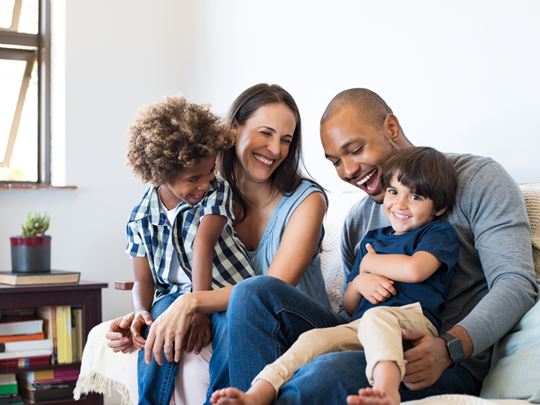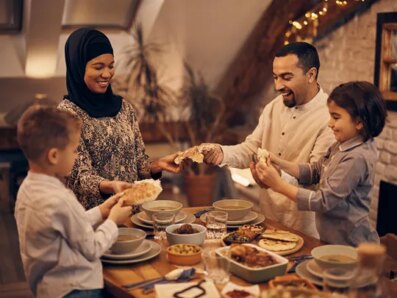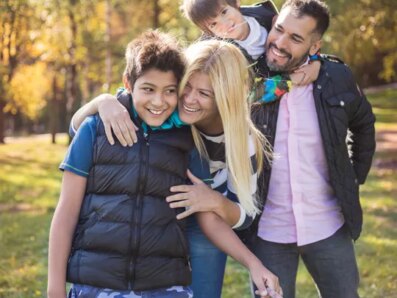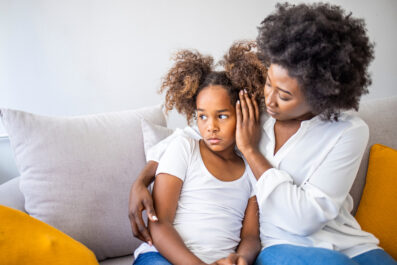What are the benefits of being a foster parent with birth children?
There are so many advantages to fostering a child in need, from both their perspective and yours. Not only does being part of a foster family give vulnerable children the stability and security they deserve, but fostering opens up doors to gaining a wealth of life experience. This is especially true for the birth children of foster parents.
While the reasons why children go into foster care can be heartbreaking and difficult to understand, welcoming foster children from different backgrounds into your home can be a positive learning curve for your biological children. You may feel apprehensive about discussing topics like trauma and complex needs with your young children, however this exposure can help them grow into compassionate, well-rounded individuals.
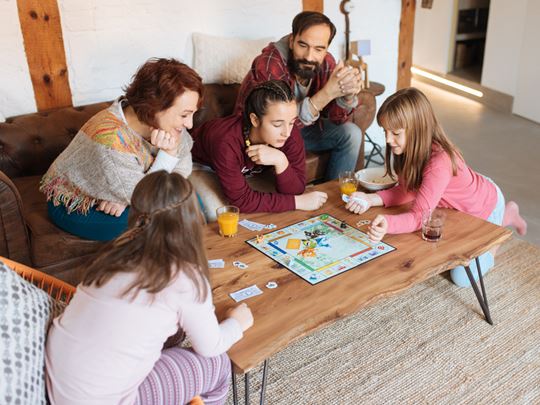
6 benefits of fostering with birth children
Here are 6 of the main benefits of bringing foster children and birth children together.
-
Teaching empathy
One of the main benefits we hear from ISP foster families is that fostering has played a huge role in helping their birth children develop empathy for others. Living with other children who have experienced trauma, family breakdowns and hardships can lead to a greater sense of compassion. Many of the children we look after at ISP have been through abuse, neglect or have a range of complex needs that mean their behaviour can be challenging. Our therapeutic approach to fostering means we advocate for looking beyond behaviour and instead at the reasons for it. This is a great social skill for young children to develop, as it ensures they refrain from judging people before knowing their full story.
-
Building relationships and friendships
There’s something special about the bond between foster children and birth children. Older children may enjoy taking on a paternal role to younger foster siblings, while younger children might look up to teenagers you foster. No matter the age or dynamic, it’s always touching to see relationships develop between foster children and birth children. For young people in care with learning disabilities or who struggle to communicate with their peers, having a supportive foster sibling at home provides them with the companionship they need to improve their social skills and make friends.
-
Learning to share
It can be quite jarring for the children of foster parents to suddenly have to start sharing their home, toys and parents’ attention. However, it can be seen as an opportunity to teach them about the importance of sharing and that it can actually feel good to share. This can help your children become more selfless as they grow into young adults. If your child is open to sharing, this also makes the children you care for feel more accepted in their new home.
-
Respect for different backgrounds
Throughout your fostering journey – and depending on the type of fostering you do – you may care for a variety of young people from different ethnic, religious or cultural backgrounds. Being exposed to different ideas, beliefs and walks of life can enrich a child’s view of the world, which is one of the many amazing advantages of fostering with birth children.
-
Gaining life experience
When you become a foster parent, it’s not just your life that is impacted. Your whole household comes together as one foster family to provide the solid foundations a vulnerable child needs to heal. While it should never be your birth children’s responsibility to care for your foster children, having foster siblings can give them a new found purpose and sense of responsibility. This all aids in gaining maturity and opening their eyes to what family actually means. As we touched on before, having younger foster siblings can lead to a duty of care, while older foster siblings can teach your children things like makeup, football or even art. Even though your foster children and birth children will have had very different starts to life, they’re all young people who deserve a happy childhood.
-
Helping foster children settle
Moving into a new home can be an anxious time for children in care. It’s a new place with new people and new rules. Sometimes they might even have to change schools. Having another child there can help them settle into their new environment more calmly. Of course, all children are different and there could be friction to begin with, however this is normal in any sibling dynamic. Communication and patience will help your foster family thrive.
The impact of fostering on your foster family – the challenges
Raising a family of any kind will always come with challenges, and it’s no different when fostering and birth children are involved. But, when you foster with ISP, you’ll get all the help and support you need to overcome any initial issues that arise. Each family is unique, but here are a few challenges to be aware of that you can prepare for and include in your conversations about the impact of fostering on your foster family.
- Mimicking behaviour 2013; it’s very common for the children we work with at ISP to present with some challenging behaviours. This said, birth children, can copy these behaviours, such as acting inappropriately or being disrespectful. It’s important your children are aware that there are legitimate reasons why their foster sibling is acting in such ways, and that you’re there to help them heal, get better and learn to trust in people again. If your birth children know the behaviour isn’t acceptable and comes from a place of hurt, they should be less likely to mimic it.
-
Sharing – although learning to share is one of the advantages of fostering for birth children, it’s also a double-edged sword.
Your children may find it difficult and be reluctant to start with, and may find the prospect of sharing your time and attention particularly hard to deal with. It’s important you reassure them so that they feel secure about their position in the family.
-
Saying goodbye – it’s likely you’ll welcome a lot of foster children into your home, which means at the same time, you’ll also have to say goodbye to them too when the placement ends.
This can be emotionally draining on your birth children who may experience a sense of loss when their foster siblings move on. If all possible outcomes are laid out on the table at the start, this should help your children feel more prepared about what’s involved in fostering.
Interested in fostering with birth children?
Fostering and birth children can make for a wonderful family dynamic, with a house always full of life, love, laughter and maybe even a few tears along the way. To take the first step, please get in touch to find out more about fostering with ISP and how we’re dedicated to changing the lives of young, vulnerable children. Or, you can download our Introduction to Fostering Guide for everything you need to know about this rewarding career path.
